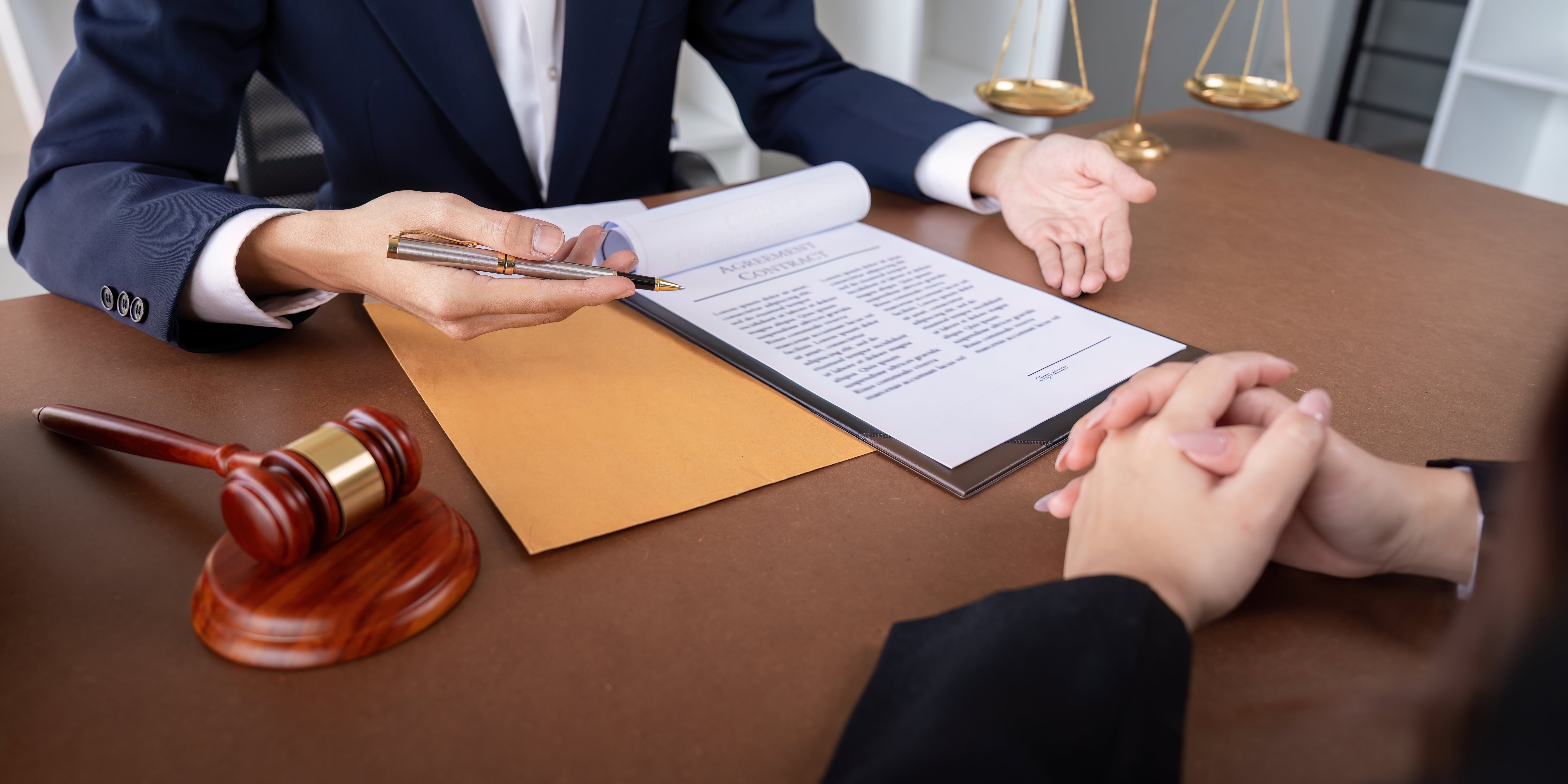How Social Networks Can Strengthen Visa Application
Navigating Australia’s visa landscape often feels like a journey defined by paperwork, legal forms, and strict criteria. While these elements are undeniably critical, there is an equally important, yet often overlooked, part of a successful application: a strong connection to the local community. For many applicants, a rich social life and active participation in community groups can provide powerful evidence to support their claims. This is particularly true for those on the path to a partner visa 820/801 or seeking a regional skilled visa. Understanding how your social ties can be a "community compass" guiding your application is a valuable insight that can make all the difference.
The Legal Value of Social Ties
The Department of Home Affairs meticulously assesses applications across four key pillars: financial, household, social, and commitment. It is within the social pillar that community involvement and shared networks become legally significant. For a partner visa, proving a "genuine and continuing relationship" requires more than just shared finances. It demands evidence that your relationship is recognised by friends and family. This can be demonstrated through:
- Joint participation in clubs and societies: The visa application process often requires applicants to demonstrate their relationship extends beyond their immediate household. One of the most effective ways to do this is by showing shared involvement in hobbies and group activities. For example, joint membership in a local gym, a social sports league, or even a community volunteer group provides a clear, verifiable record of a shared life. These memberships can be formally documented with receipts, membership cards in both names, and letters of reference from club leaders or teammates. This type of evidence is critical for both the onshore 820 partner visa and the offshore partner visa 309 as it proves the relationship is genuine and not merely a matter of convenience.
- Shared social media interactions: In the modern age, a relationship's authenticity is often reflected in its digital footprint. A public display of your relationship on social media, with frequent check-ins at shared locations, comments and tags from mutual friends, and a history of shared events, helps paint a picture of a publicly acknowledged partnership. Evidence can be submitted in the form of screenshots or printouts of shared photo albums, event invitations, and posts that demonstrate a shared social life. While this evidence should be used in conjunction with more formal documentation, it provides a compelling and contemporary view of a couple’s connections.
- Witness statements: Statutory declarations (Form 888) from Australian friends, neighbours, and family members are a cornerstone of a partner visa 801 application, as they provide an independent and personal perspective on the relationship. A strong statutory declaration goes beyond a simple, generic statement. It should include specific details, such as how and when the declarant met the couple, their personal observations of the relationship's progression, and specific examples of shared events or interactions. The more detail, sincerity, and personal observation included, the more persuasive the statement becomes in demonstrating the genuine nature of the relationship.
Regional Engagement and the 494 Visa
While social evidence is most critical for partner visas, it can also play a supporting role in skilled migration, particularly for provisional visas with a regional component. The 494 or skilled employer sponsored regional (provisional) (subclass 494) visa, for example, requires applicants to demonstrate a genuine intention to live and work in a designated regional area.
- Proving Genuine Intent: In the context of a regional visa, a successful application requires more than just meeting the standard professional criteria; it demands a clear commitment to the regional community. While not a formal requirement, evidence of community engagement—such as volunteering for a local organisation, joining a regional sports club, or participating in town events—can provide a powerful narrative that supports an applicant's commitment to the regional community. These activities demonstrate a willingness to put down roots and contribute to the social fabric of the area, which aligns with the purpose of the 494 visa.
- Strengthening Your Case: A well-documented history of regional community engagement can complement other key application components, such as a positive skills assessment, a successful 482 to 186 visa pathway, or a DAMA Visa in Australia agreement. The 482 to 186 visa requirements often focus on professional conduct and employment history, but a record of community involvement can add an extra layer of sincerity to the application, helping to distinguish it in the eyes of a case officer. This is especially true for the ENS 186 visa's Temporary Residence Transition (TRT) stream, where an applicant's long-term commitment is paramount.
Turning Moments into Proof
For a visa case, a weekend outing or a simple gathering with friends is not just a social event; it is a potential piece of evidence. The key to success lies in meticulous documentation. Applicants should be advised to:
- Take photographs with clear timestamps and location tags: Photos provide visual confirmation of shared events. For a visa application, it is crucial that these photos are well-documented. This means including the date, a brief caption describing the event and the people present, and a clear location tag. For example, a photo of a couple at a local park should be captioned "Our first picnic at Royal Botanic Garden, Sydney - 14/03/2023" to provide context and authenticity.
- Retain invitations, tickets, and receipts: Physical evidence of shared social experiences, such as movie tickets, concert stubs, invitations to weddings or parties, and receipts from shared holidays, provides a tangible timeline of the relationship. For a legal application, these items should be organised chronologically and clearly labelled to correspond with other evidence. This practice is particularly important for the prospective marriage visa (subclass 300) as it helps demonstrate the progression of the relationship before the couple has even married.
- Encourage friends and family to write statements: A powerful statutory declaration should be detailed and personal. The person writing the statement should be an Australian citizen, permanent resident, or eligible New Zealand citizen. They should explain how they know the couple, how long they have known them, and provide specific examples of shared events, interactions, and personal observations that demonstrate the relationship's genuineness.
Building a New Life
The importance of community goes far beyond the visa application itself. For a new migrant, a strong social network is a cornerstone of a successful and fulfilling life in Australia.
- Mental and Emotional Well-being: The process of moving to a new country can be challenging, leading to feelings of isolation and homesickness. A supportive community, whether it’s a group of fellow migrants or a network of new Australian friends, can provide crucial emotional support and a sense of belonging. This social safety net is invaluable and contributes significantly to a smoother transition and long-term settlement.
- Professional Networking: Joining local professional groups or industry associations can provide opportunities to meet new contacts, which is invaluable for those on a ENS 186 or 494 visa. These connections can open doors to employment opportunities, mentorship, and a better understanding of the local job market. This practical support is as vital as the legal guidance provided by a firm.
- A Pathway to Citizenship: Over time, a person's sustained contribution to their community and their commitment to Australian values can be an important factor in their journey to become an Australian citizen. This is the ultimate expression of a successful and integrated migrant. The journey from a temporary visa like the TSS 482 to a permanent one, and then to citizenship, is underpinned by personal commitment to building a life here, which is often reflected in one's social and community ties. The new SID 482 also provides a more streamlined pathway for this journey, but the importance of community remains constant.
A Trustworthy Legal Partner

IATL is a distinguished law firm that upholds the values of professionalism, equality, and collaboration. The firm’s legal professionals possess a unique blend of deep expertise and a well-rounded understanding of the legal landscape. While the firm is renowned for its proficiency in immigration law, it offers a comprehensive suite of services that include family law, conveyancing and property law, and commercial law. This broad expertise allows the firm to assist clients with matters that often intersect with immigration, such as property purchases, family-related legal issues, and business investments. By providing a holistic approach, IATL ensures its clients are supported across the full spectrum of their legal needs, from initial visa application through to their establishment as a permanent member of the Australian community.

Your social life and community involvement are not just a footnote in your immigration journey; they are an essential part of the evidence that proves your genuine connection to Australia. While the 482 to 186 visa requirements and other legal criteria are non-negotiable, the narrative of a successful migrant is often woven from threads of friendship, community, and belonging. This article underscores that your personal life holds significant weight in the legal process. By understanding how to properly document these experiences, you can provide a powerful, human-centred case that complements the legal framework. Ultimately, your journey to a new life in Australia begins not just with a visa, but with an open heart and a willingness to become an active part of your new community.

